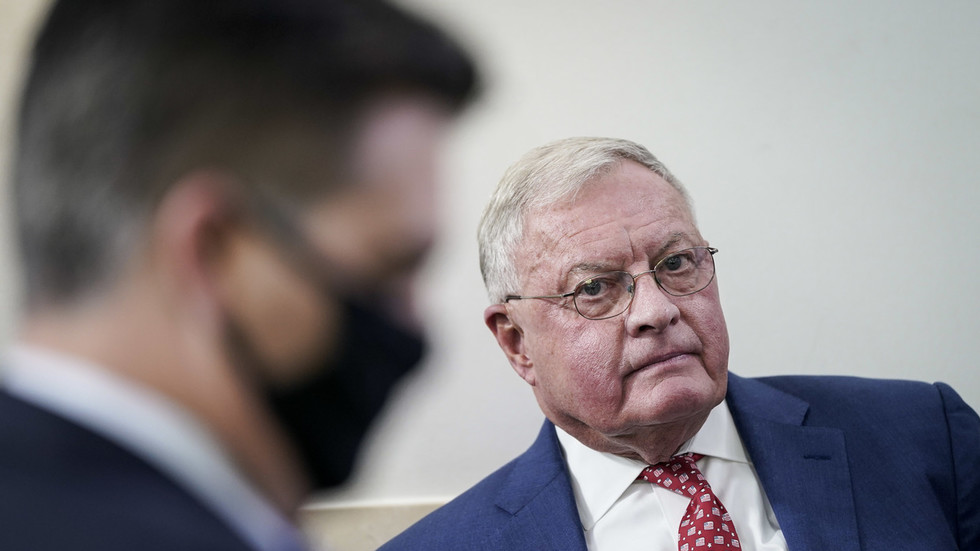Keith Kellogg, appointed as US President-elect Donald Trump’s special envoy for Ukraine and Russia, is preparing for a diplomatic trip to Europe, including significant stops in Kiev, London, Paris, and Rome next month. These visits aim to establish dialogue regarding the ongoing conflict between Ukraine and Russia. Reports suggest that he may also consider a subsequent trip to Moscow, primarily to gather insights and understand the dynamics of the situation rather than to propose any concrete policies at this stage. Kellogg’s experience as a retired general and his previous roles in national security during Trump’s first term position him as a critical figure in efforts to negotiate potential resolutions to the tensions in Eastern Europe.
Kellogg, alongside former Trump aide Fred Fleitz, has also co-authored a proposal intended to address the Russia-Ukraine conflict. This draft suggests freezing the conflict along the existing front lines, without granting recognition of Russia’s sovereignty over the territories claimed by Ukraine. Additionally, this plan proposes postponing discussions regarding Ukraine’s NATO membership. However, it faces skepticism from both Moscow and Kiev, who have dismissed the proposal as impractical. Trump has asserted that he plans to achieve a resolution to the Ukraine conflict swiftly, within “24 hours” of his inauguration, leaving many wondering how he plans to approach this complex issue.
Trump’s position on the Ukraine conflict, while assertive, has remained vague regarding specific strategies. Some experts speculate that he may leverage future US military and financial aid to Ukraine as a bargaining tool, compelling both Ukraine and Russia toward negotiations. Kellogg has expressed confidence that the conflict could be resolved in a matter of months and suggested that inviting both Russian President Vladimir Putin and Ukrainian President Volodymyr Zelensky to his inauguration could be a potential move towards reconciliation. The idea of high-level talks between these leaders underscores the urgency and significance of diplomatic engagement.
In recent statements, Trump indicated his willingness to communicate with both Putin and Zelensky in an attempt to put an end to the hostilities. His readiness to initiate dialogue has been met with interest from Putin, who has acknowledged Trump’s aspirational comments regarding the conflict as worthy of attention. Nevertheless, it is crucial to note that Moscow insists any resolution must be predicated on Ukraine’s cessation of military actions, a recognition of the current geopolitical realities, and a commitment to remain neutral, eschewing NATO membership.
As the situation evolves, the broader implications of the potential resolutions underscored by Kellogg and Trump’s administration become clearer. Engaging positively with both Russia and Ukraine will require delicate balancing and negotiation while addressing the concerns of each party enmeshed within the ongoing conflict. The resolution pathways must navigate deeply entrenched historical grievances, aspirations for territorial integrity, and broader international security mechanisms.
In conclusion, while Kellogg’s intended travels and proposed peace plans signal the new administration’s engagement strategy, their effectiveness will ultimately depend on the responses from both Moscow and Kiev. The complexity of international diplomacy surrounding the Ukraine conflict necessitates nuanced approaches, moving beyond simplistic solutions. It remains to be seen whether Trump’s promise of swift resolution can translate into tangible outcomes for the parties involved, and how these dynamics will influence future US foreign policy in the region.

